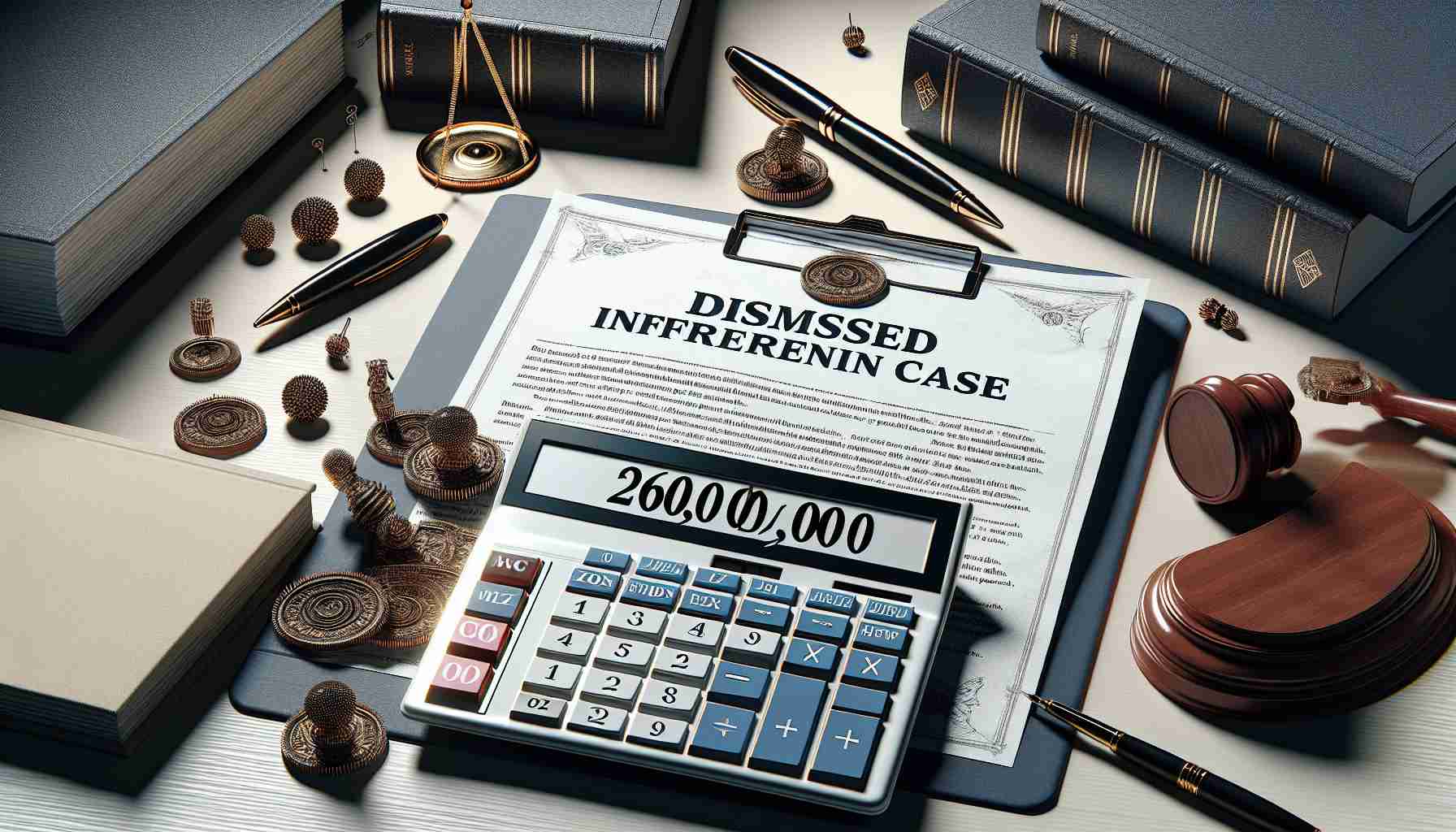Following a significant court ruling, Samsung is expected to request a substantial sum for its legal expenses. The technology conglomerate communicated its intention to a Texas federal judge, aiming to recuperate approximately $26 million in attorney fees. This move comes after the dismissal of an infringement lawsuit centered on allegations of misappropriated confidential documents.
The judge determined that former employees of Samsung were responsible for the theft of these sensitive materials. Their actions were the linchpin of the case that sought to argue Samsung’s infringement. However, with the foundation of the lawsuit being tied to improperly obtained documents, the case was nullified.
The sum Samsung is pursuing is not just a retrieval of the enormous costs incurred in its defense but also serves as a strong message about the repercussions when corporate legal affairs intertwire with allegations of subterfuge. The outcome is a stark reminder that the improper use of confidential information can lead not only to the collapse of legal claims but also to substantial financial consequences for the party at fault. Samsung’s swift action to recover its costs is demonstrative of the company’s vigor in protecting its interests and standing against claims founded on dubious premises.
In cases of intellectual property infringement and misappropriation, one important question is: What determines whether a party can recover legal fees in a lawsuit? In the United States, under the Patent Act (specifically 35 U.S.C. § 285), a court may award reasonable attorney fees to the prevailing party in “exceptional cases.” An exceptional case typically involves some aspect of unfairness or a significant departure from reasonable conduct like willful infringement or misconduct during litigation.
A key challenge associated with such legal disputes is the difficulty in proving the misappropriation of confidential information and the direct link to any alleged infringement. Protection of trade secrets and confidential information can be a struggle, especially if the information has been shared with or stolen by former employees.
Another controversy often revolves around the magnitude of the legal fees sought. In this instance, Samsung is seeking $26 million, a significant amount that could be contested by the opposing party as excessive or unreasonable.
The advantages of pursuing legal fees include deterring future acts of misappropriation and offsetting the costs of litigation. However, the disadvantages could potentially involve prolonging the legal battle and incurring additional expenses.
A related domain that could provide further insights into the case or the topic of intellectual property and legal disputes is the American Bar Association:
Please note that while the exact details of the case are not provided in the summary, the pursuit of legal fees in such a large amount by Samsung indicates that the company likely had to mobilize extensive legal resources to defend itself against the allegations, which were ultimately dismissed due to the improper foundation of the case.
